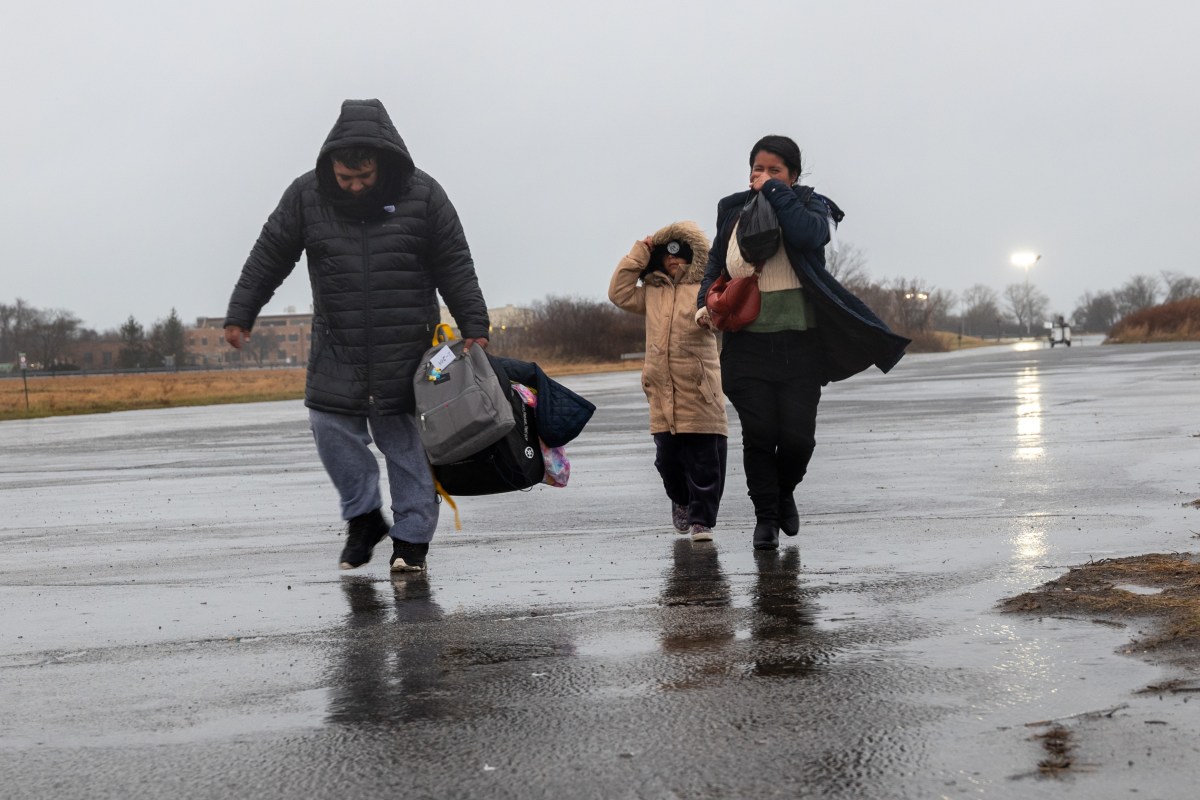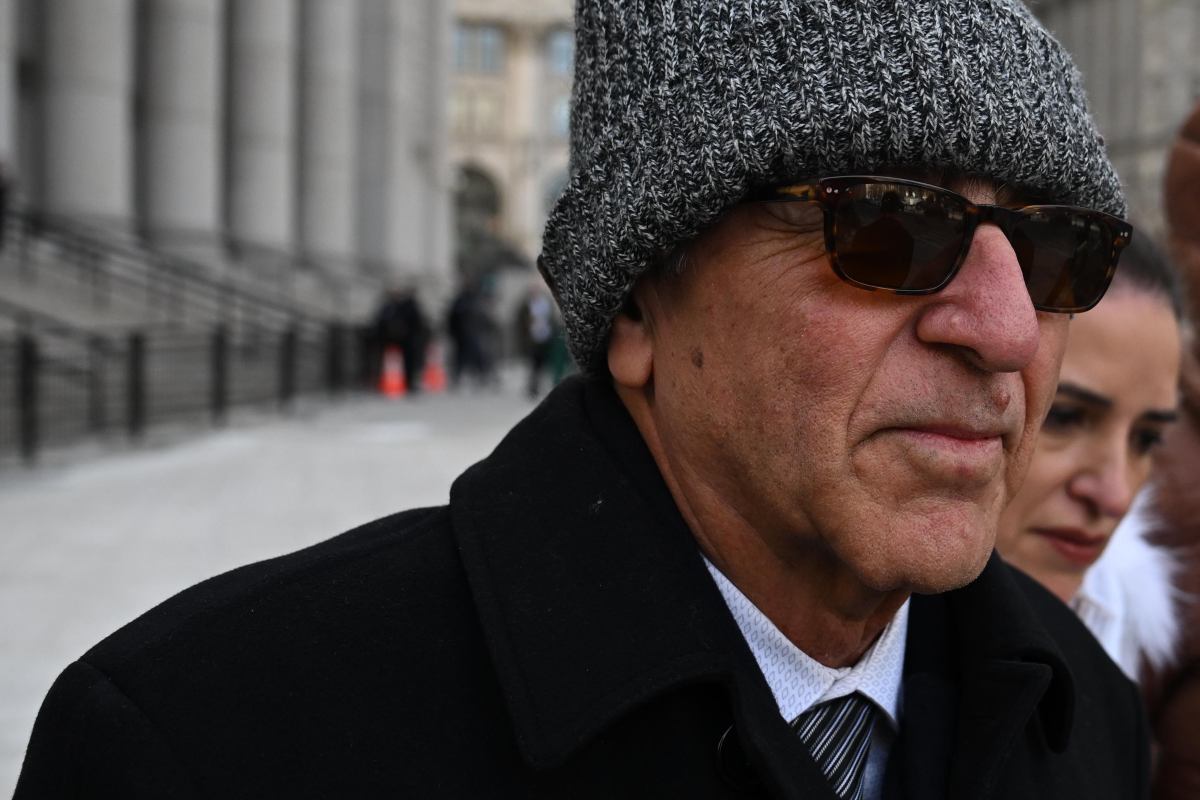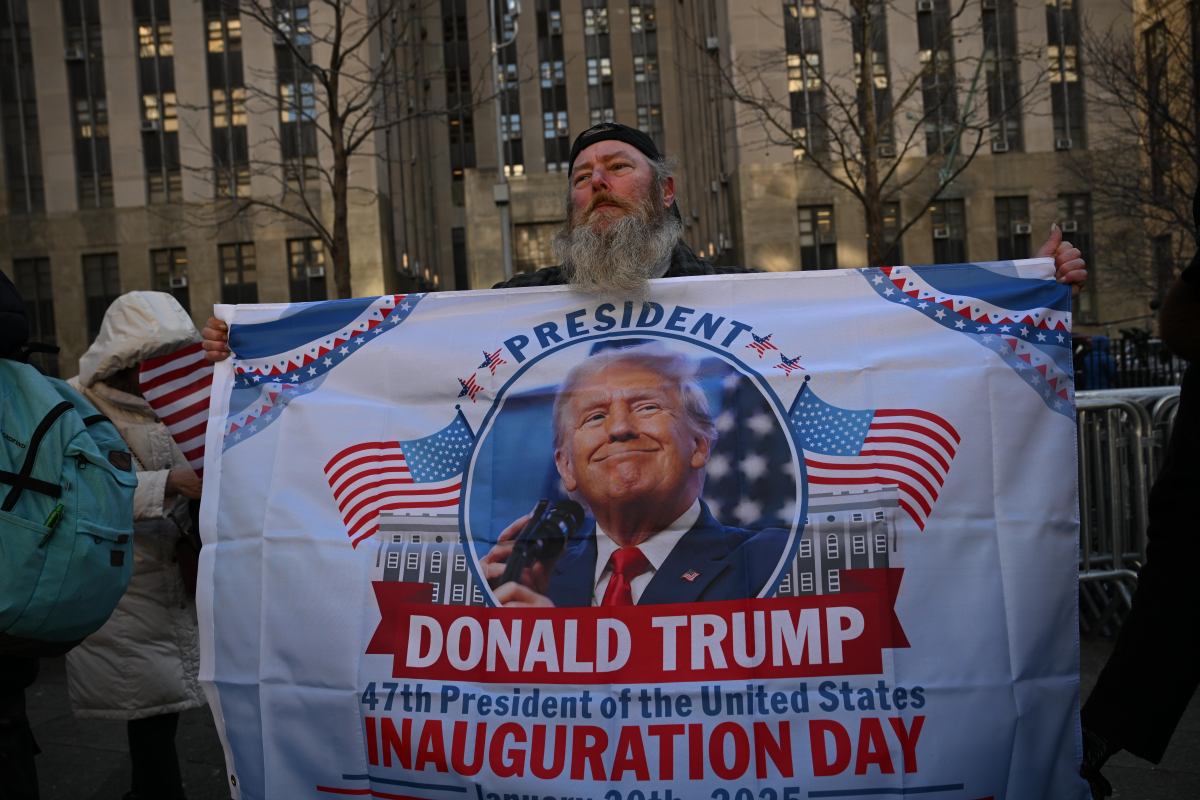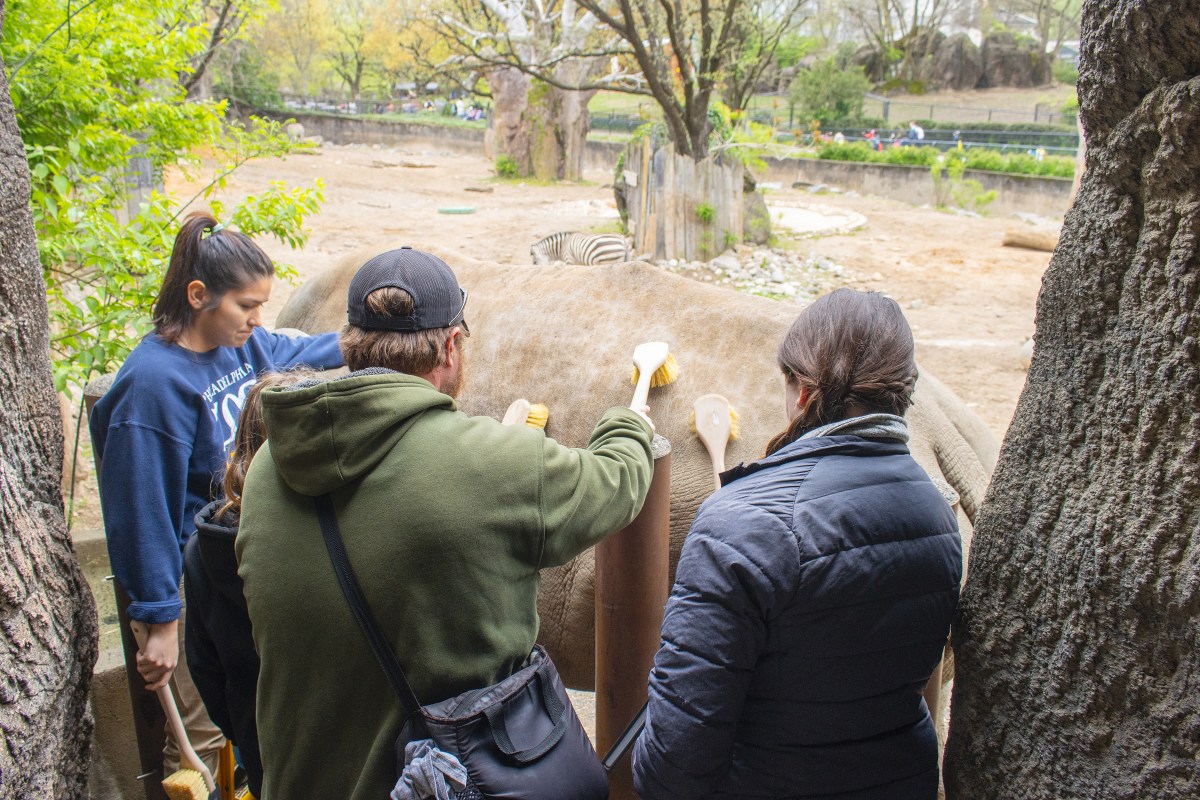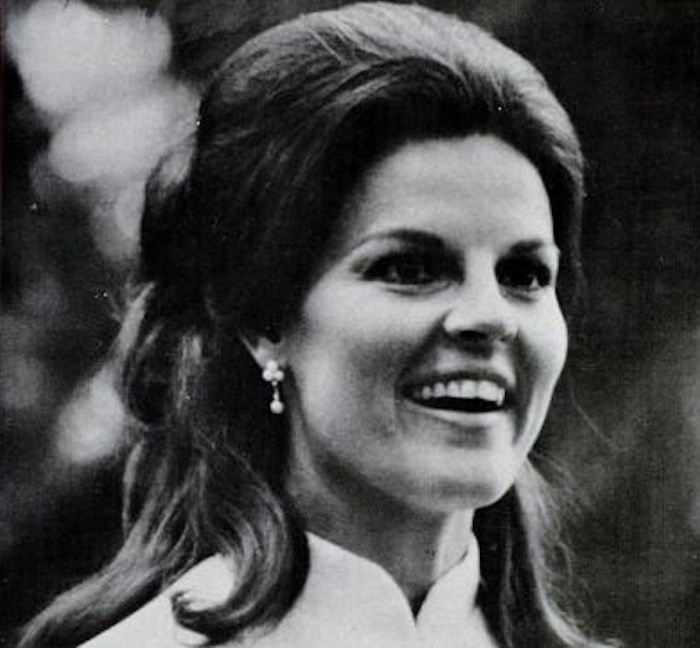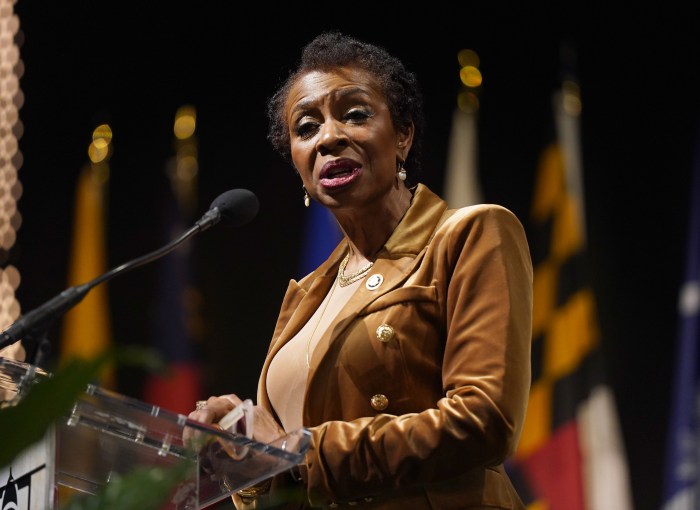UNITED NATIONS (AP) — Syria’s top diplomat demanded Monday that a U.S.-led military coalition get out of his country and told the U.N. General Assembly meeting of world leaders that Damascus wants compensation for losses suffered by its oil and gas industry during a civil war that has been going on for 11 years.
Hundreds of U.S. troops are stationed in eastern Syria to help the Kurdish-led Syrian Democratic Forces fight the Islamic State militant group. Syrian Foreign Minister Faisal Mekdad said the coalition’s presence contradicts international law and “should end immediately, without conditions.”
“Fighting terrorism does not happen through an illegitimate international coalition that violates Syria’s sovereignty and destroys towns and villages,” he said, arguing that battling terrorism can’t work without “coordination” with Syrian President Bashar Assad’s government.
The Islamic State group took over significant parts of Syria amid the civil war, which began in 2011 with protests demanding that Assad’s government make democratic reforms but quickly escalated into fighting. Though the militant group in 2019 lost the last sliver of land its fighters controlled, its sleeper cells are still active.
Mekdad spoke on the closing day of the annual “debate” that brings presidents, monarchs, premiers and cabinet ministers to the assembly’s podium.
Russia’s war in Ukraine has taken up much of the discussion this year, but the six days of speeches still formed a mosaic of global issues, national priorities, regional rivalries and don’t-forgets. Monday was no exception.
Mauritanian Foreign Minister Mohamed Salem Ould Merzoug called for debt cancellation for African countries. His Canadian counterpart, Mélanie Joly, told the world’s women that her country would “speak up for your rights and dignity — no government, no politician, no judge, no one, can take that away from you.”
Bhutan’s foreign minister, Tandi Dorji, said he overhauled his speech after getting a letter from a 7-year-old girl in his Himalayan homeland.
She worried that her small community will be flooded by melting snow and glaciers in a warming world, he said, reading from the letter.
“I would request your excellency to kindly convey this small message to the world leaders and big and rich nations to help and save our tiny village from global warming,” she wrote. “I am sure if we all come together, we can not only save our tiny village but also make our Earth safe for all living beings.”
Syria’s Mekdad, meanwhile, said “direct and indirect” losses in Syria’s oil and gas sector have reached $107 billion since the conflict began. He added that Damascus will demand compensation for these losses.
The American forces and the SDF currently control of much of the oil fields in eastern Syria, and the U.S., some other countries and the European Union have also imposed sanctions on Syria’s government and oil industry.
Mekdad complained that his country has been “economically besieged” by powers bent on imposing their will and retaining their wealth.
“The war against Syria, ultimately, was an attempt by the West to maintain control over the world,” he said.
The high-profile speeches began last week with countries that sent heads of state and government. By Monday, foreign minister- and ambassador-level speakers were taking the podium, and the colossal security cordon around the United Nations headquarters had been largely dismantled.
On the final day, many speakers still spoke emphatically about how important the world body remains in a fragmented world.
“We need more of the U.N., not less,” Joly said.
Associated Press writer Bassem Mroue contributed from Beirut. For more AP coverage of the U.N. General Assembly, visit https://apnews.com/hub/united-nations-general-assembly















